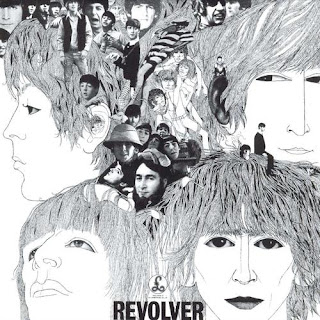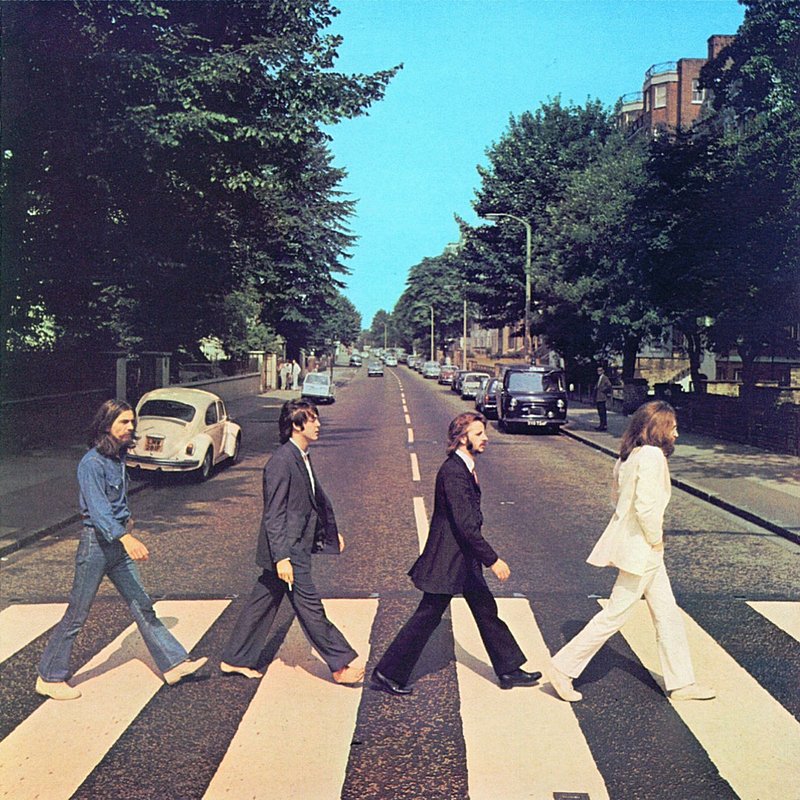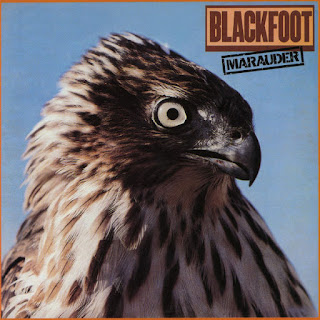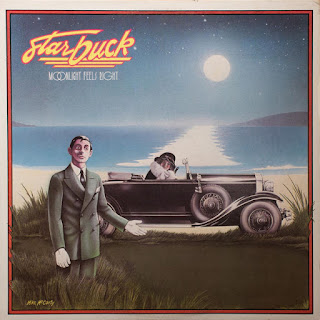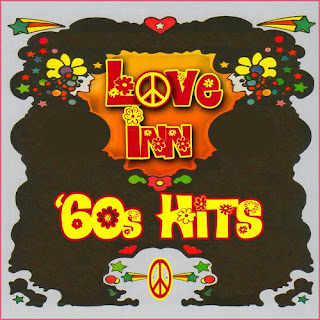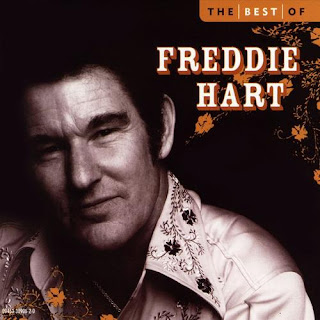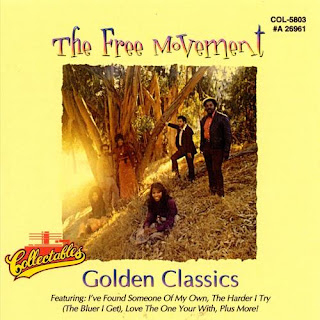"San Francisco (Be Sure to Wear Flowers in Your Hair)" is an American pop music song, written by John Phillips of The Mamas & the Papas, and sung by Scott McKenzie. The song was produced and released in May 1967 by Phillips and Lou Adler, who used it to promote their Monterey International Pop Music Festival held in June of that year.
Released on May 13, 1967, the song was an instant hit. By the week ending July 1, 1967, it reached the number four spot on the Billboard Hot 100 in the US, where it remained for four consecutive weeks.


